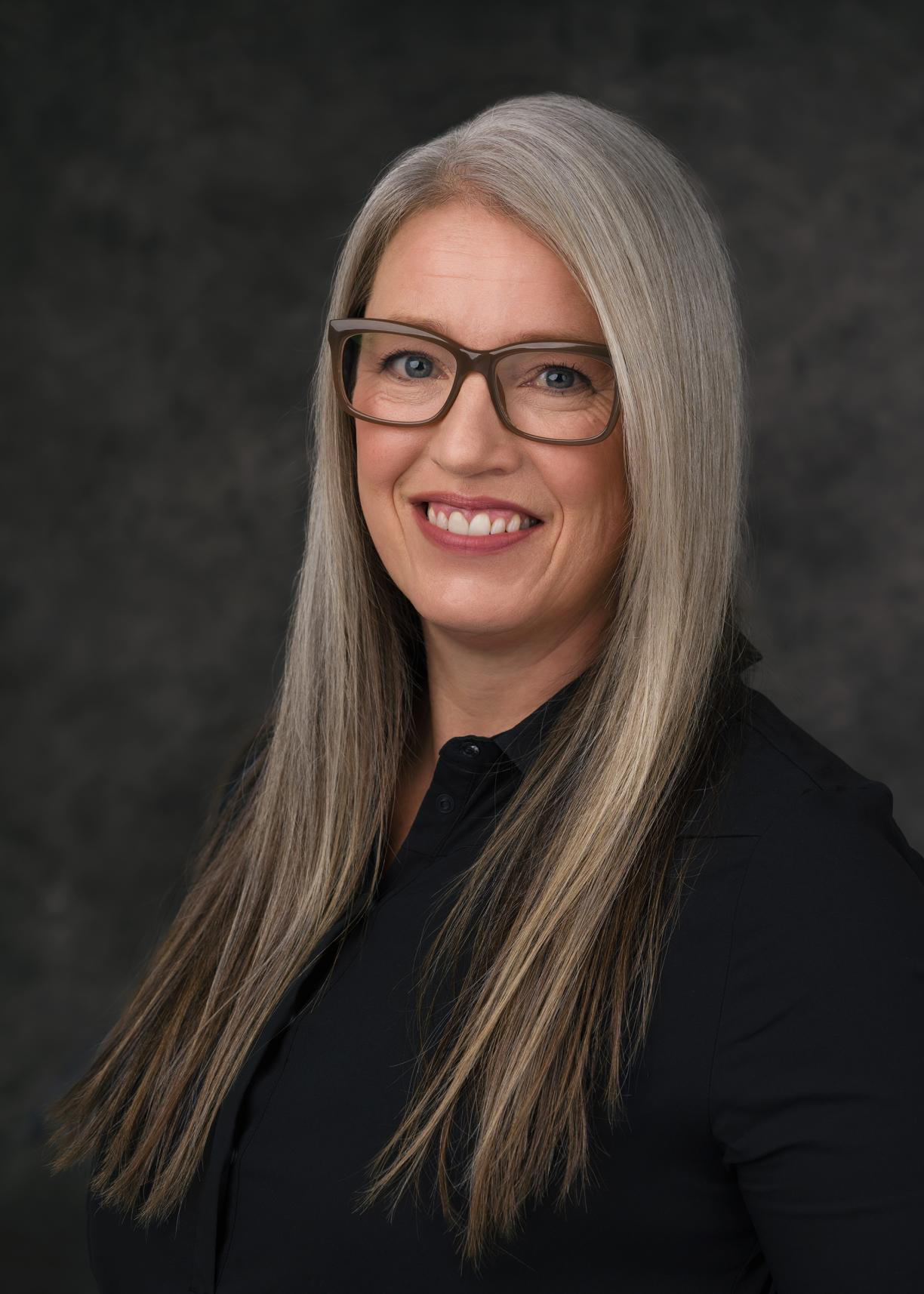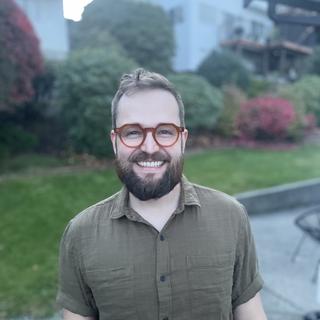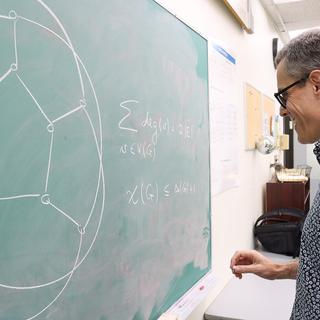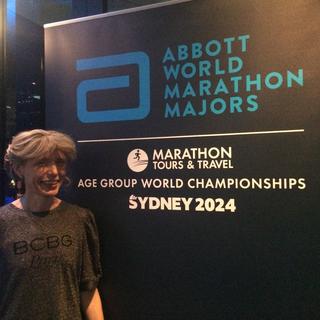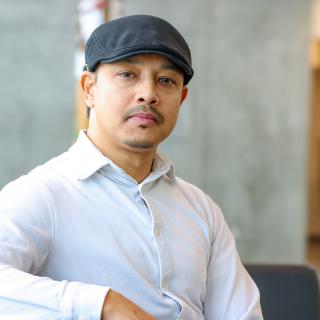Susan Juby, a VIU Creative Writing Professor and Nanaimo-based author, released two books in March. Delgado Photography
Susan Juby, a Nanaimo-based author and Vancouver Island University Creative Writing Professor, had two new novels hit the bookshelves this March.
Mindful of Murder, released March 8, features Helen Thorpe, a smart, preternaturally calm and deeply insightful butler who uses her sleuthing skills to unravel the mystery of the death of her former employer Edna. Helen is the executor of Edna’s will. She receives detailed instructions to run a retreat to decide which one of Edna’s relatives will inherit Edna’s spiritual retreat, but this leads Helen to suspect that someone had a reason to want Edna dead.
Me Three, released March 22, follows 12-year-old Rodney as he starts Grade 6 in a new school, new home and new state. According to the book’s back cover, Rodney’s “school is really old and smells like someone ate a couple of pounds of glue and then barfed it back up, and he’s in a class with a bunch of kids who seem to hate him.” Rodney was one of the most popular guys in his old school, but now that life is over and it is all because of something his dad did.
Juby has garnered numerous awards and accolades for her writing. Her debut novel, Alice, I Think, was a national bestseller and was adapted into a CTV television series. Her book The Fashion Committee was a Horn Best Book of the Year and The Truth Commission was named best book of the year by Barnes and Noble and won the Sheila A. Egoff Children’s Literature Prize and the Amy Mathers Teen Book Award. Republic of Dirt won the Leacock Memorial Medal for Humour.
In 2014, Juby was the first VIU faculty member to be inducted into the Royal Society of Canada’s College of New Scholars, Artists and Scientists.
We caught up with Juby to talk about her latest books, creative writing process and why she decided to become a professor.
Mindful of Murder is your first full-fledged murder mystery. Why did you choose this genre and what inspired the amateur detective character Helen Thorpe?
Crime fiction has long been a passion and I also teach a course on genre fiction that includes a section on the craft of mystery writing, which made me want to try my hand at it. It took a long time to get the book right because I wanted to create a detective worthy of a series. That meant coming up with a character I wanted to live with for a long time and a basic framework I could adapt from book to book. The idea for Helen Thorpe came to me while I was at a silent meditation retreat. It occurred to me that a meditation teacher would make a fine investigator because they tend to be very good at seeing the truth behind the masks people wear. I already knew Helen would be a freshly trained butler and I had to figure out how to combine those two career trajectories.
Where did the idea for Me Three come from?
The idea for Me Three came after I read that several of the people who faced consequences for their actions in the wake of the #MeToo movement had children. What, I wondered, would it be like to have a high-profile parent fall from grace in such a public way? It seemed to me that a kid might want to remain in denial about what was happening because to face the truth would be incredibly painful. The book is also about using risk taking to avoid dealing with feelings.
What comes first for you – the plot or the characters – and why?
Usually character comes first and then plot, but it varies depending on the story. Sometimes all I know is some key facts about the character and then they influence the direction of the plot. For instance, I knew Helen would be a butler and my research into what sorts of people make good butlers helped to develop the rest of the story and her character. I have always loved writing new characters and have had to train myself to write tighter plots. Books that are just a lot of characters and no discernible story have a limited market.
If you could tell your younger writing self anything, what would it be?
Oh, that’s a tough one. I repeat the old canard that “all this will be useful to you someday.” And then I would clarify that it is not necessary to make every single mistake myself. I would also remind myself to keep my focus on the writing, not on the outcome. Writing is full of ups and downs and writers control very little outside of the writing process. Even that can be unpredictable. On that note, maybe I would tell myself to take up meditation much earlier than I did.
Why did you decide to become a Creative Writing and Journalism professor and what writing advice do you give to VIU students who want to become authors?
The only thing as exciting as having one of my own tales work out is helping new writers find their voices and discover that they have important stories to tell. I encourage my students to keep writing until they have figured out what they need to say and to take chances in their work so they surprise themselves and their readers.

